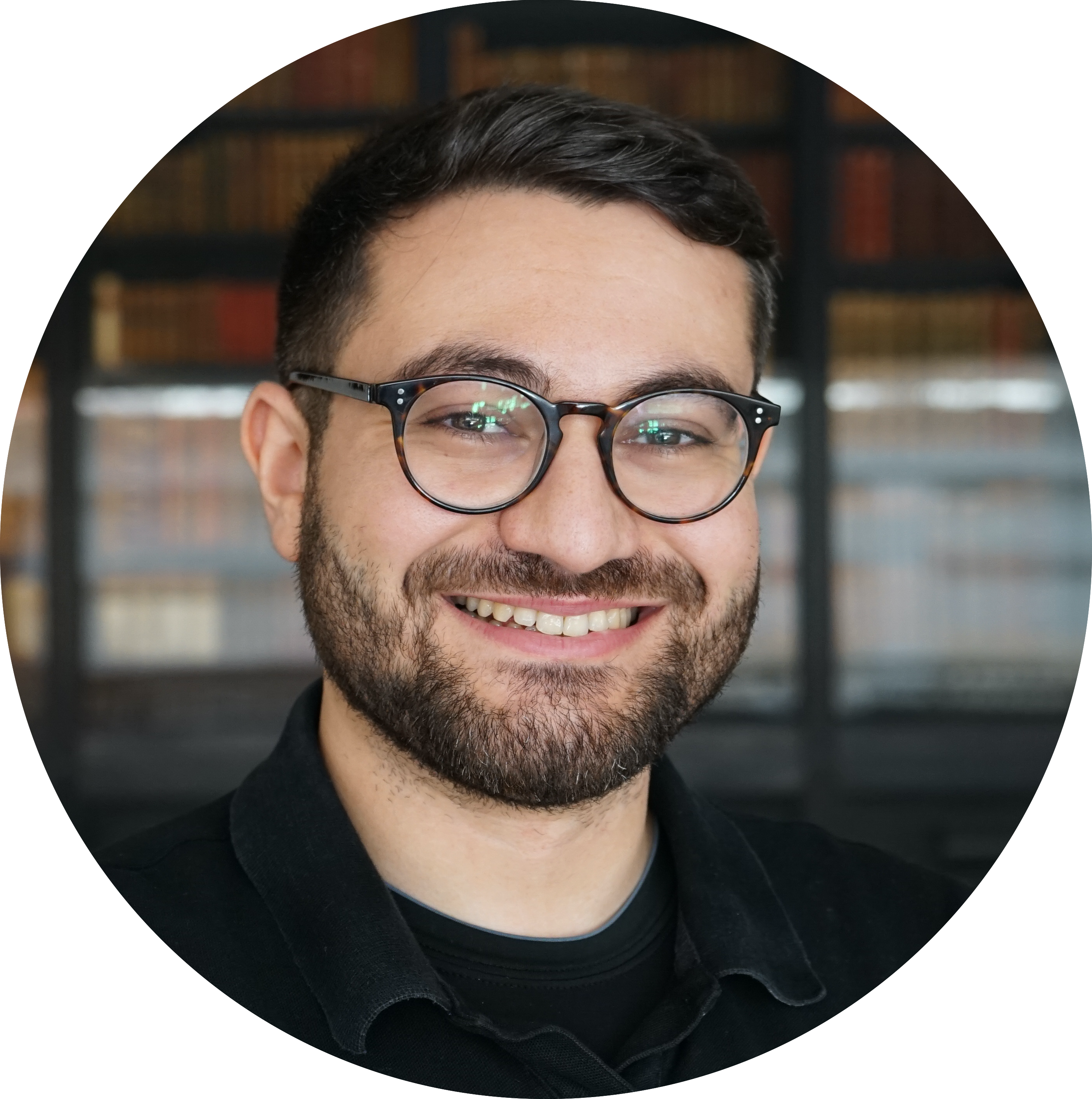About Me
Hello! my name is Tarek
I am a Machine Learning Research Engineer and Technical Lead for Efficient Machine Learning and Intelligent Embedded Systems at the Alan Turing Institute (ATI) ⎯ the United Kingdom's national institute for data science and artificial intelligence, founded in 2015 and largely funded by the UK government. It is named after Alan Turing, the British mathematician and computing pioneer.
In my role at the ATI, I work on applied research projects largely relating to topics in Compression 
In a past-life I did my PhD in Applied Machine Learning at the Centre Data Intensive Science & Industry at University College London (UCL). My PhD research focused on the application of Deep Learning and Model Compression algorithms for real-time classification of Astronomical transient events.
My thesis, for which I won the Perren prize for best CDT thesis 2022, can be freely downloaded from the UCL archives here.
Towards the end of my PhD I was one of the 7 research students that were nominated by UCL to apply for the Schmidt Science Fellowship. My research proposal on "Efficient Learned Image Reconstruction and Compression Algorithms for Real-time Medical Image Analysis" is a good reflection of some of the areas of research I find most interesting.
I am also a Research Software Engineering Fellow at the Software Sustainability Institute, where I help academics leverage tools and software engineering best practises for better research software #bettersoftwarebetterscience
